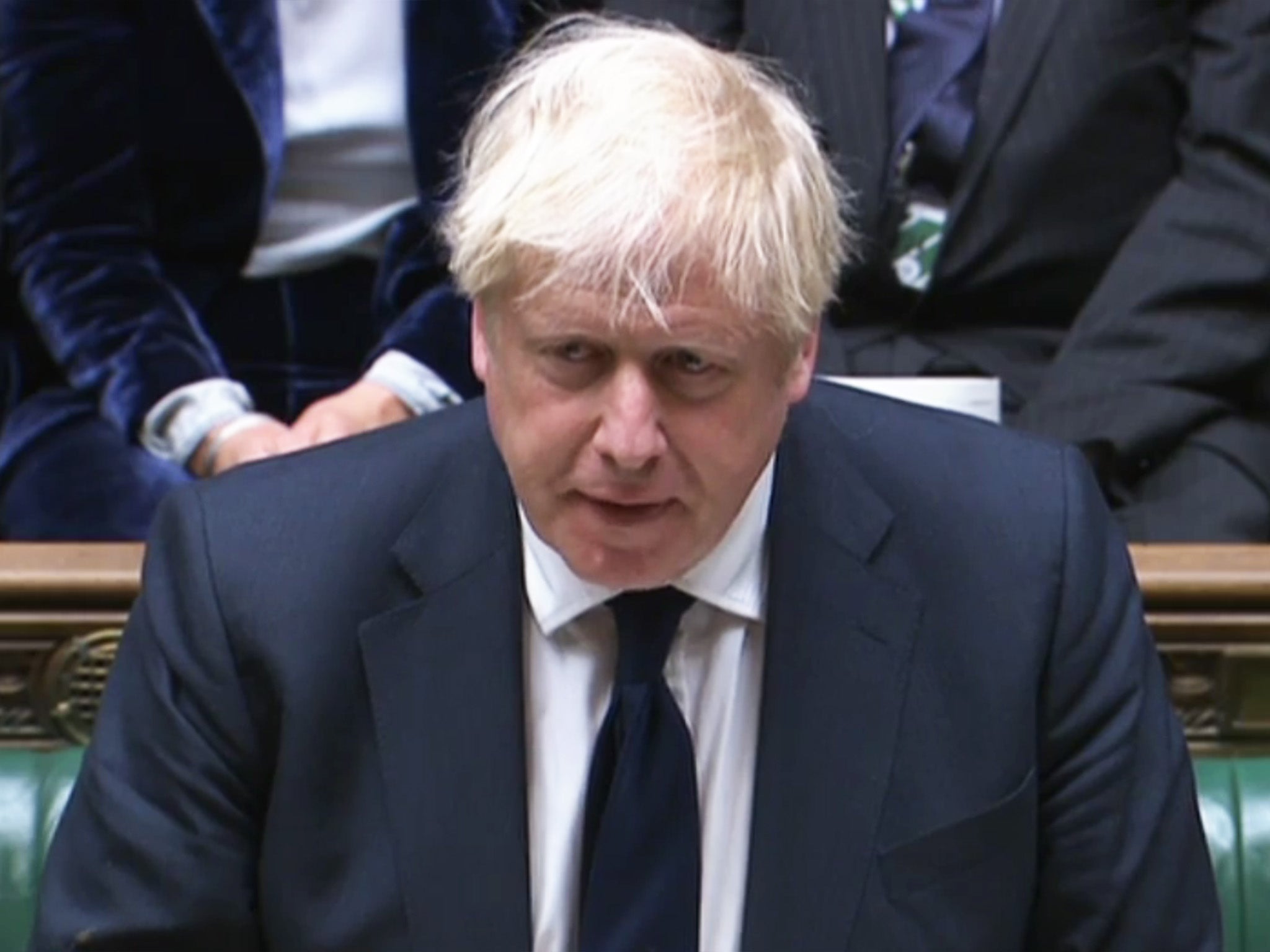Sir David Amess’s campaign for city status for Southend is finally – and very movingly – over
‘It was not some act of largesse, or patronage or easy generosity. It happened because the Sir David made it happen’

Last Thursday, Sir David Amess was on BBC Radio Essex talking, to the surprise of absolutely no one, about his campaign for city status for Southend-on-Sea. He also happened to mention what he’d been up to the day before. He had been in Doha, personally asking the Emir of Qatar to support his campaign for city status for Southend-on-Sea.
It’s hard to imagine quite how he would have reacted had he been told that his campaign of more than two full decades had just a few more days to go. That, over the weekend, the Queen would privately grant its approval, and on Monday, the prime minister would formally announce to the House of Commons that city status for Southend-on-Sea would now go ahead.
Of course, we shall never know the reaction because Sir David wasn’t there. That Southend-on-Sea will now officially be a city has already been described as a fitting tribute to him, but tribute is the wrong word. It’s not a tribute, it’s a testament. It was not some act of largesse, or patronage or easy generosity. It happened because the Sir David made it happen.
If he hadn’t fought so hard for it, for so long, and concerned himself so utterly with the betterment of his town (quite literally), it would never have happened.
That he wasn’t there when it did finally happen is very sad indeed, but, perhaps contrary to expectation, when Westminster met on Monday afternoon to pay tribute to one of its most popular people, there was less sadness around than might have been anticipated.
There is hardly a lazier cliché than to say he was there in spirit, but it happens to be true. His commemoration was a reflection of him. During two hours of very moving tributes, I cannot personally recall having heard more laughter on any afternoon in the chamber of the House of Commons.
Fellow MP James Duddridge said he felt Sir David “had more ahead of him than behind him”. He acknowledged it was perhaps a strange thing to think of someone who was already 69 years old, but such was the energy of the man, that was how he felt.
It was also Mr Duddridge who told the famous tale of the holy sweet. Of how, while waiting in line to meet the Pope on a visit to the Vatican, Sir David, who was a devout Roman Catholic, removed a cough sweet from his pocket at the very worst moment.
“The Pope took the sweet, thinking it was a revered object to be blessed, blessed the revered object, and gave it back to him. David took the holy sweet and put it in his pocket.”
In the years since, the holy sweet has been proudly shown off to almost anyone who’s met him.
The most moving tributes came from Sir David’s clique of Essex mates, from Mark Francois, Andrew Rosindell and James Duddridge himself. They are birds of a feather, after all. Devout Thatcherites, ardent Brexiteers who strongly believe Brexit to have been an act of patriotism. It has left them at the sharp end of the more vitriolic politics of recent years. Mr Francois used his remarks to call for “David’s law” - a beefing up of the online harms bill to end anonymity on social media.
In the long, appalling hours of Friday afternoon, the time spent waiting for news, first on Sir David and later on the identity of the man who killed him, a narrative formed that poisonous public discourse was to blame, a narrative that now appears to be more powerful than the truth that is yet to be formed.
“David’s law” seems unlikely to come to pass, not least as the cause is not his own, and bears little relation to the circumstances of his death. Instead, there is always David’s example, and it is very clear to see.
Not only was he an ardent Eurosceptic, he was also, being a devout Catholic, staunchly anti-abortion. David’s example is that you really can have very strong opinions, even highly contentious ones, and still be widely loved, respected and admired, as long as you have the kindness, the generosity of spirit and the straightforward class to back them up.
On Monday’s evidence, the warmth that he brought to Westminster over almost four decades is still very much felt. It will be up to everybody else now to keep that fire going.
Subscribe to Independent Premium to bookmark this article
Want to bookmark your favourite articles and stories to read or reference later? Start your Independent Premium subscription today.

Join our commenting forum
Join thought-provoking conversations, follow other Independent readers and see their replies